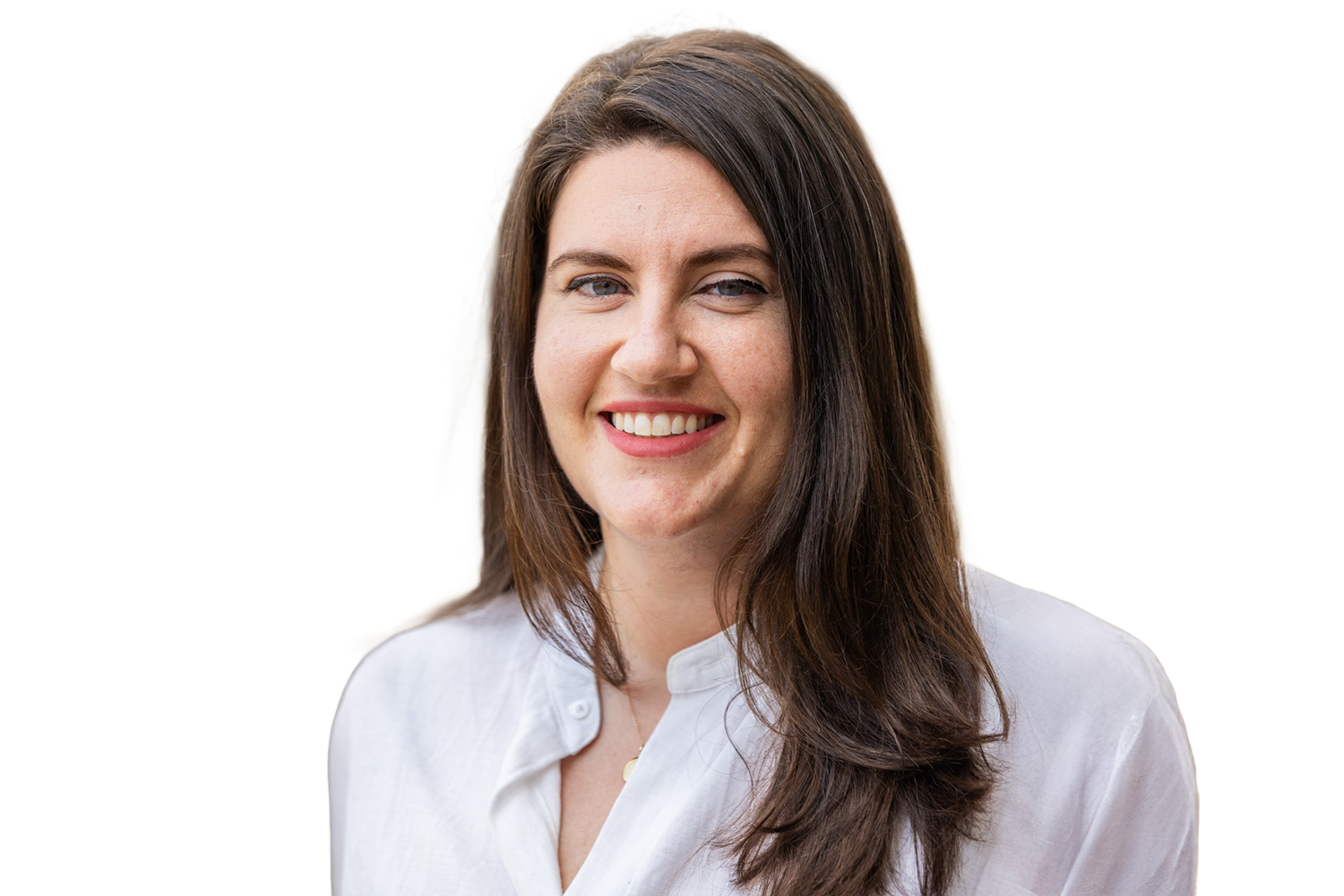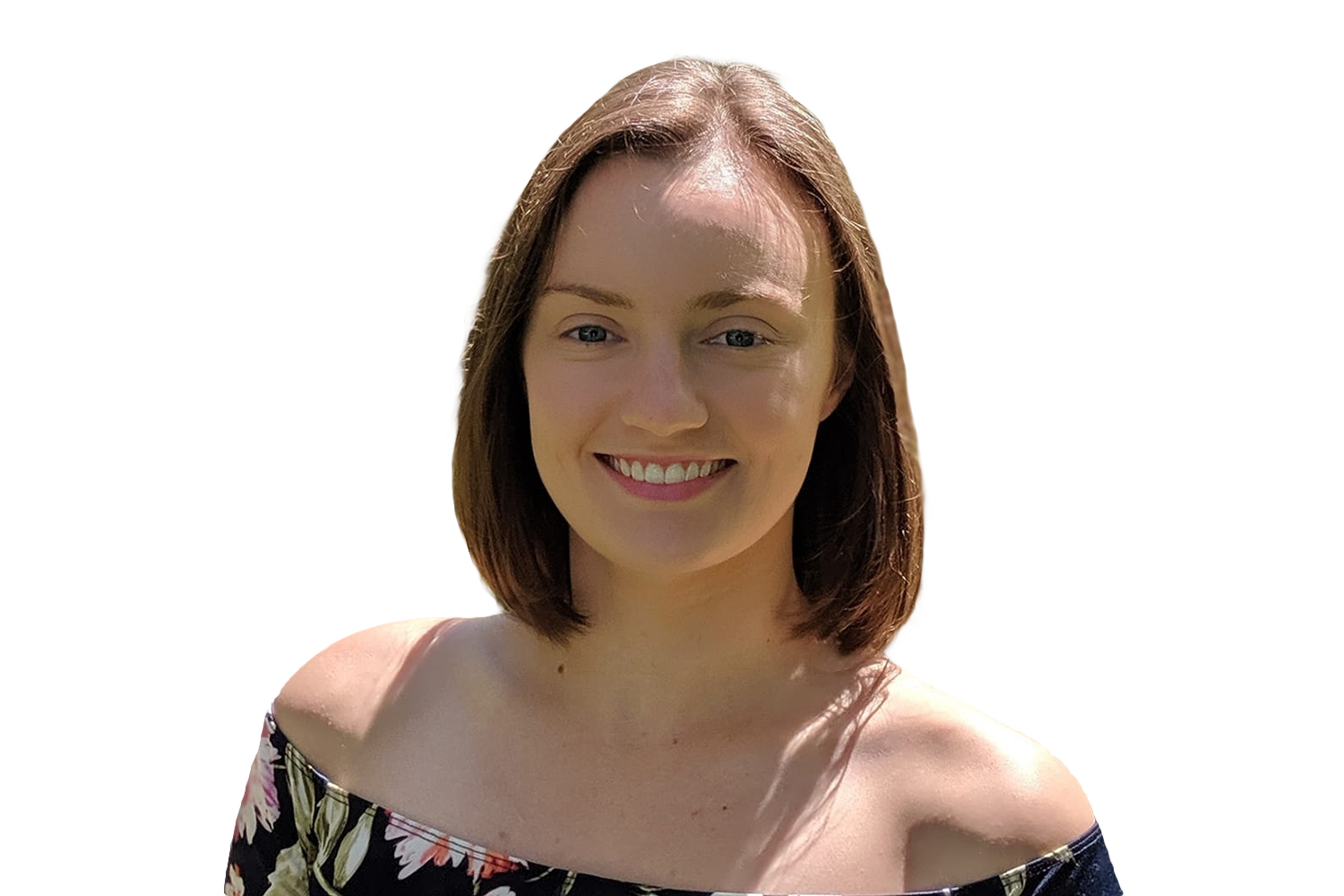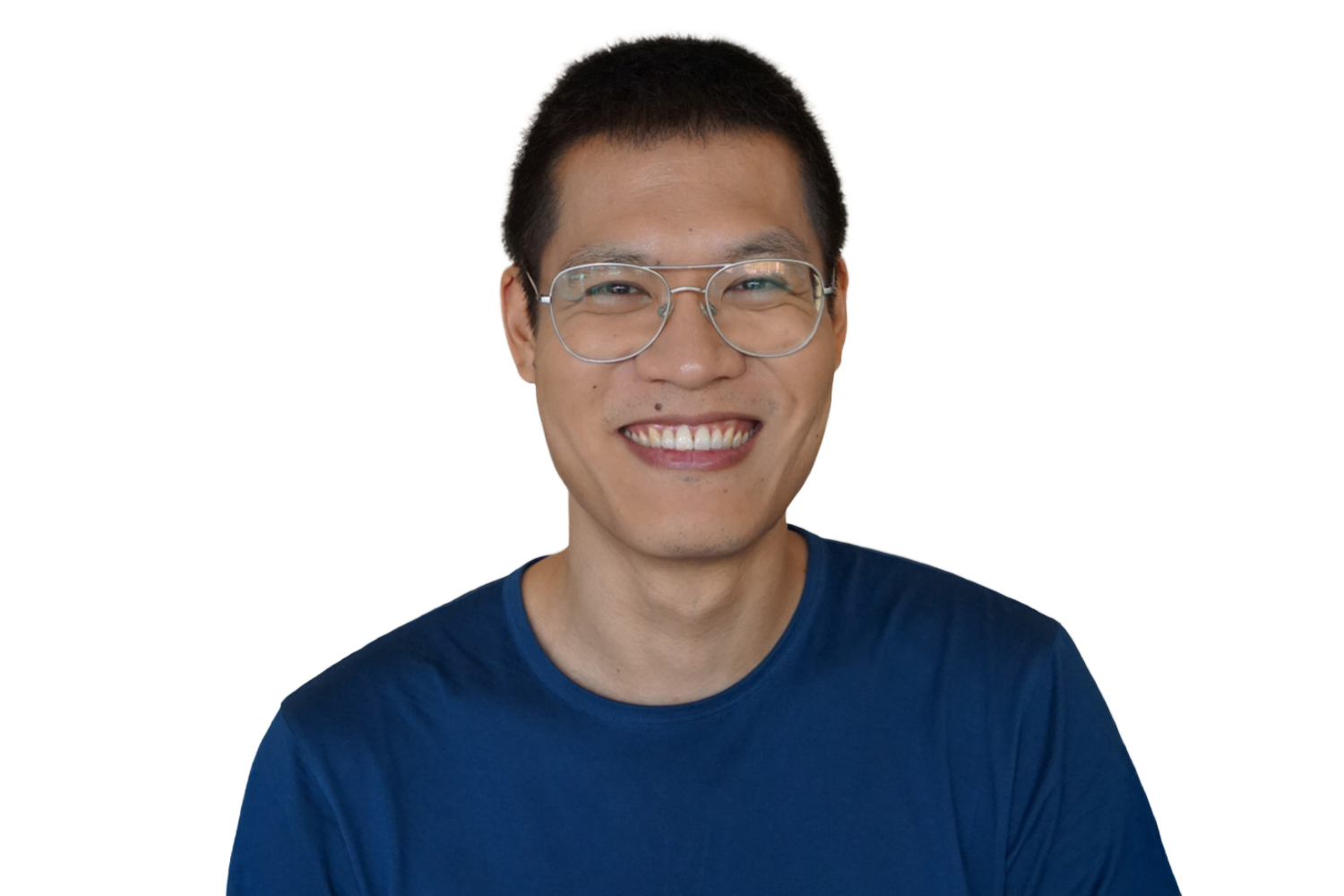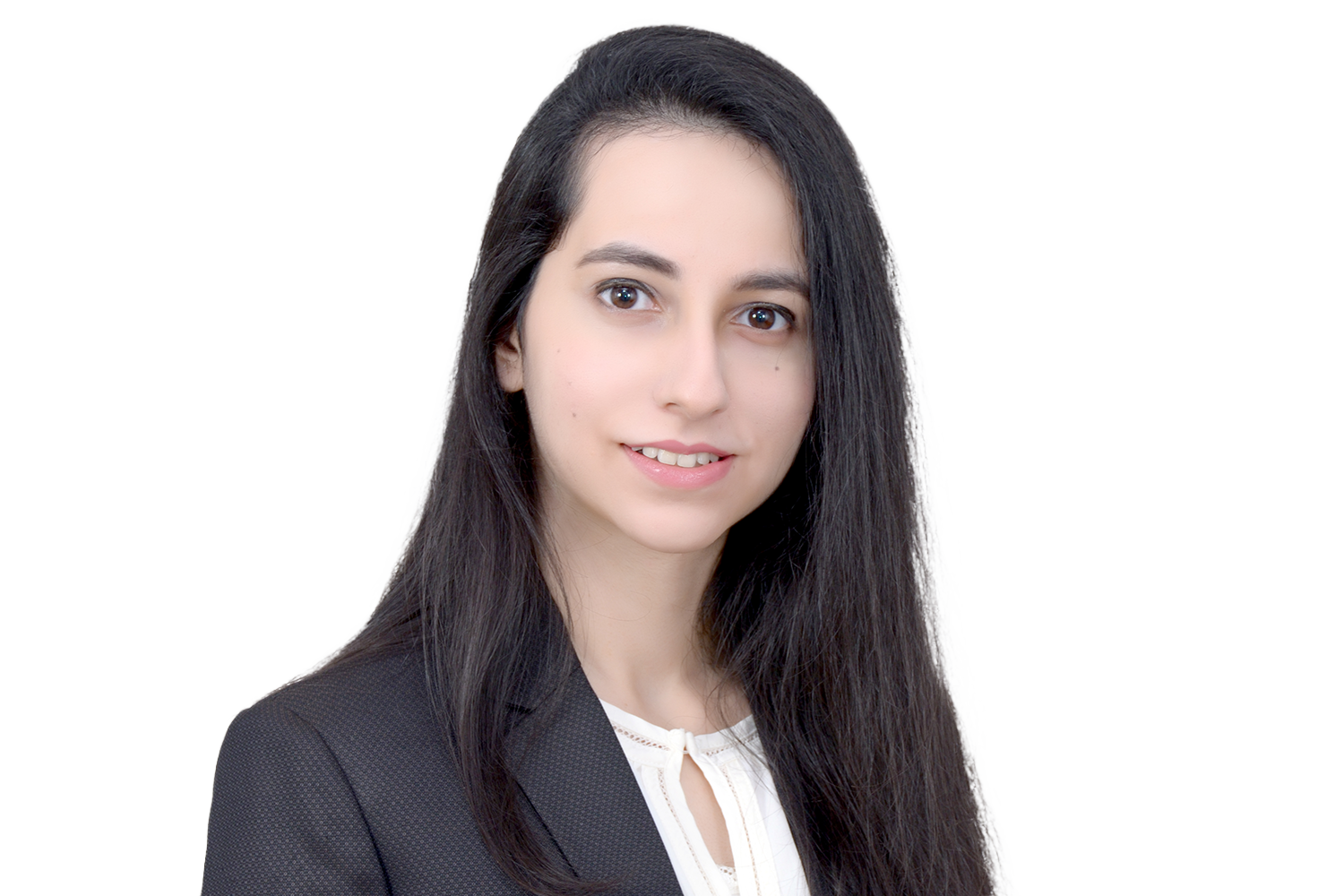
Sponsored By
STAT set out to celebrate the unheralded heroes of science and medicine, poring over hundreds of nominations from across North America in search for the next generation of scientific superstars. We were on the hunt for the most impressive doctors and researchers on the cusp of launching their careers, but not yet fully independent.


Tap to view other years
View The ListMeet the 2025 STAT Wunderkinds
This year, as in past years, we’ve found inspiring stories and innovative research. All are blazing new trails as they attempt to answer some of the biggest questions in science and medicine.


Julia Belk
Stanford University
Tracing individuals cells in the brain to fight Alzheimer’s and other deadly diseases


Jessica Calihan
Massachusetts General Hospital, Harvard Medical School
Working to integrate addiction education into kids’ health knowledge




Alejandro De Los Angeles
Harvard University, MIT, University of Central Florida College of Medicine
Shining a light into the black box of early human development


Sven Dorkenwald
Allen Institute, University of Washington
Studying the complex connections between neurons


Christian Figueroa-Espada
Memorial Sloan Kettering Cancer Center
Decoding the black box of bringing potential cancer therapies to bone marrow


Colwyn Ansel Headley
Stanford University
Developing mitochondria transplants to replenish functions that diminish with age


Andy Kleist
St. Jude Children’s Research Hospital
Illuminating fundamental mechanisms behind protein interactions


Eva Klinman
Washington University School of Medicine in St. Louis
Using microscopy tools to develop a new model for neurodegenerative diseases




Jessica Liu
Duke University
Building tools and technology to determine why patients react differently to anesthesia


Michael Liu
Harvard Medical School, Brigham and Women's Hospital
Pursuing primary care after a formative volunteering experience with LGBTQ+ youth


Emily Manoogian
Salk Institute for Biological Studies
Studying how circadian rhythms and disease risk are intertwined


Rafael Michita
Baylor College of Medicine
Investigating the mechanisms by which Zika and HIV affect pregnancies


Jessie Muir
Princeton University
Pinpointing specific neurons involved in depression — and responsive to psychedelics




Tarun Ramesh
Harvard Pilgrim Health Care Institute, Massachusetts General Hospital
Advocating for policies to help immigrant physicians ease the rural doctor shortage


Sydney Ramirez
La Jolla Institute for Immunology
Exploring immune responses to infections — and putting it into practice in the clinic


Harry Reyes Nieva
Columbia University Irving Medical Center
Utilizing AI and health care data to improve patient representation


Soleil Shah
Brigham and Women’s Hospital, Harvard Medical School
Highlighting the unique challenges of primary care medicine






Tulika Singh
UC Berkeley School of Public Health, Baylor College of Medicine
Studying why infections make some people sicker than others


Dhanu Thiyag
University of Michigan Medical School
Making health care more accessible to women in lower-income countries




Tomer Yaron-Barir
Boston Children’s Hospital and Dana-Farber Cancer Institute, Harvard Medical School
Taking on the challenge of developing treatments for rare cancers


David (Hyunmin) Yu
University of Pennsylvania
Creating culturally competent and LGBTQ+ inclusive health care in hospitals


Yanbo Zhang
Albert Einstein College of Medicine
Figuring out how the timing of our meals impacts our health



The Wunderkinds were selected solely by STAT's editorial staff. The award sponsor had no input in the decision-making process and the awardees have received no financial benefit from the sponsor.